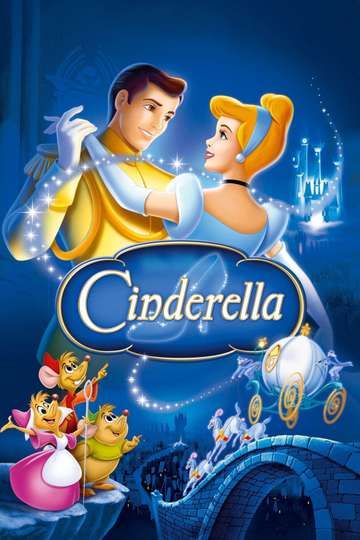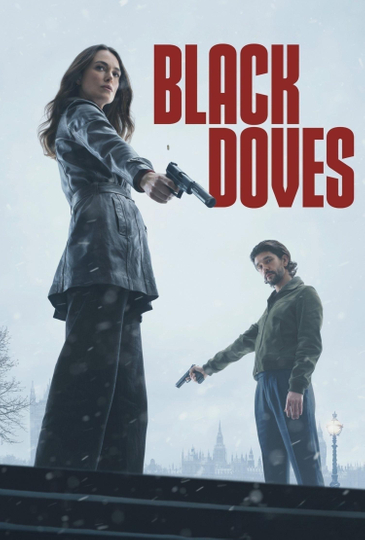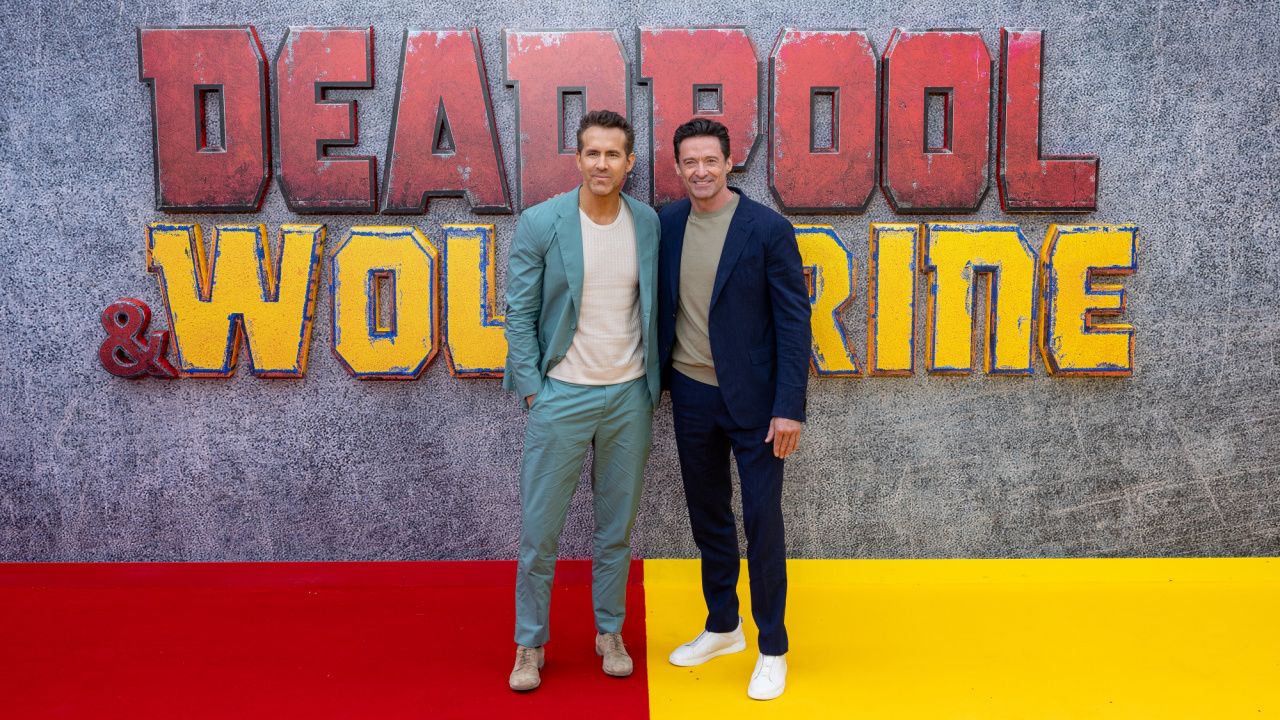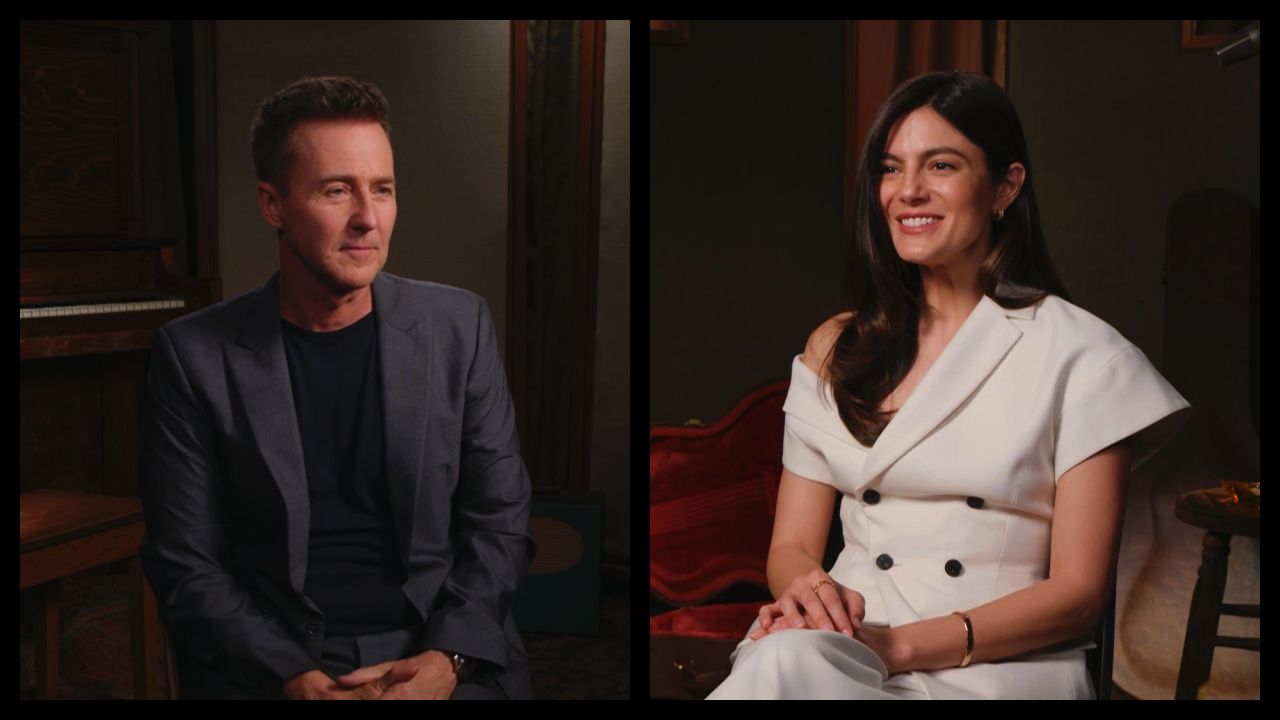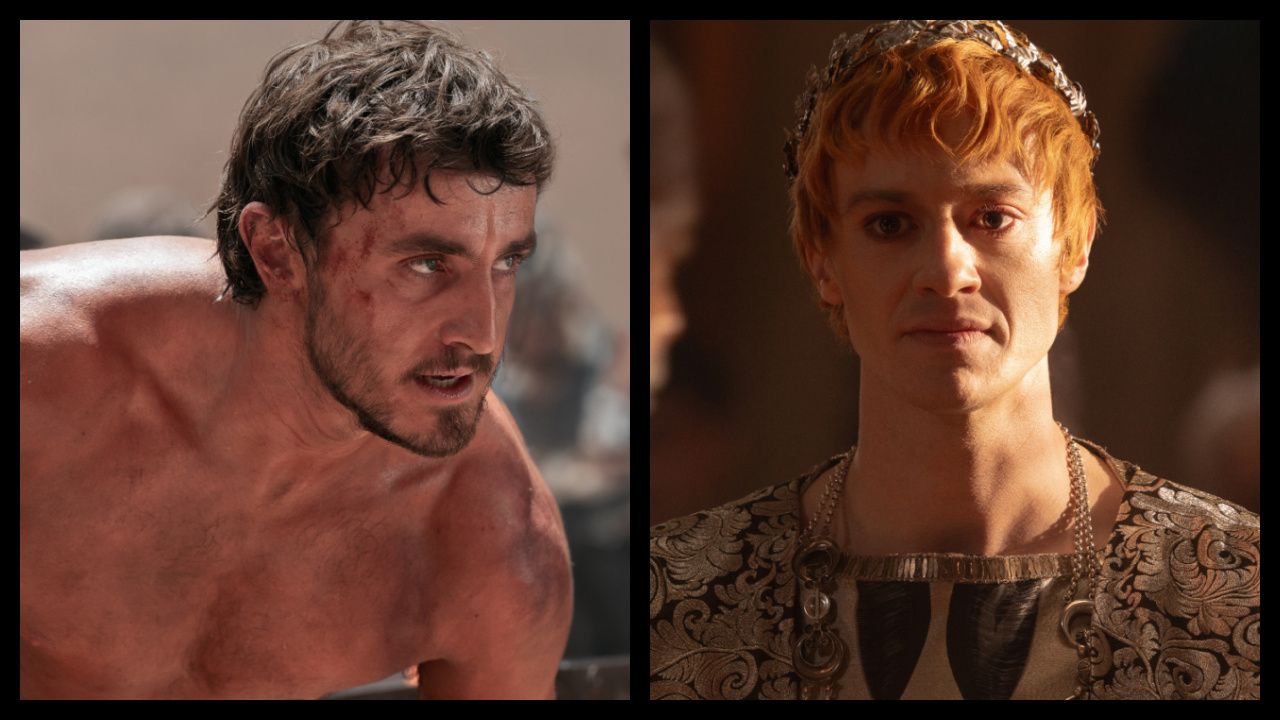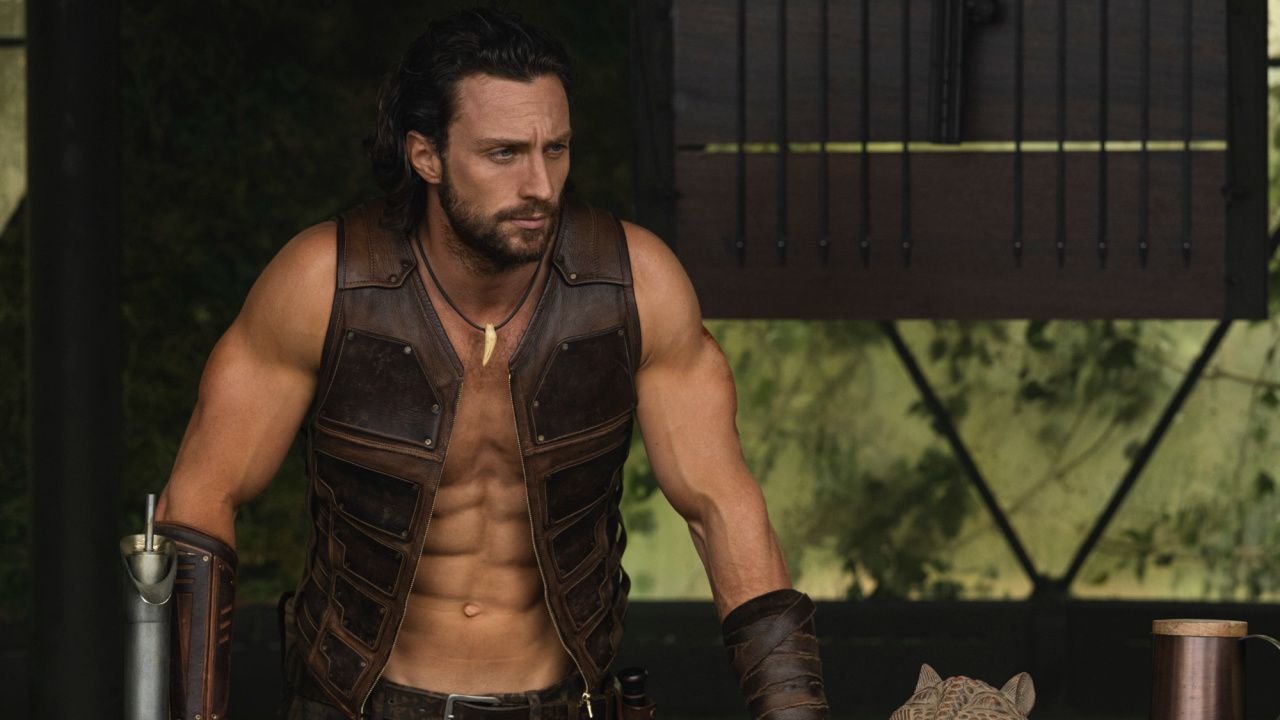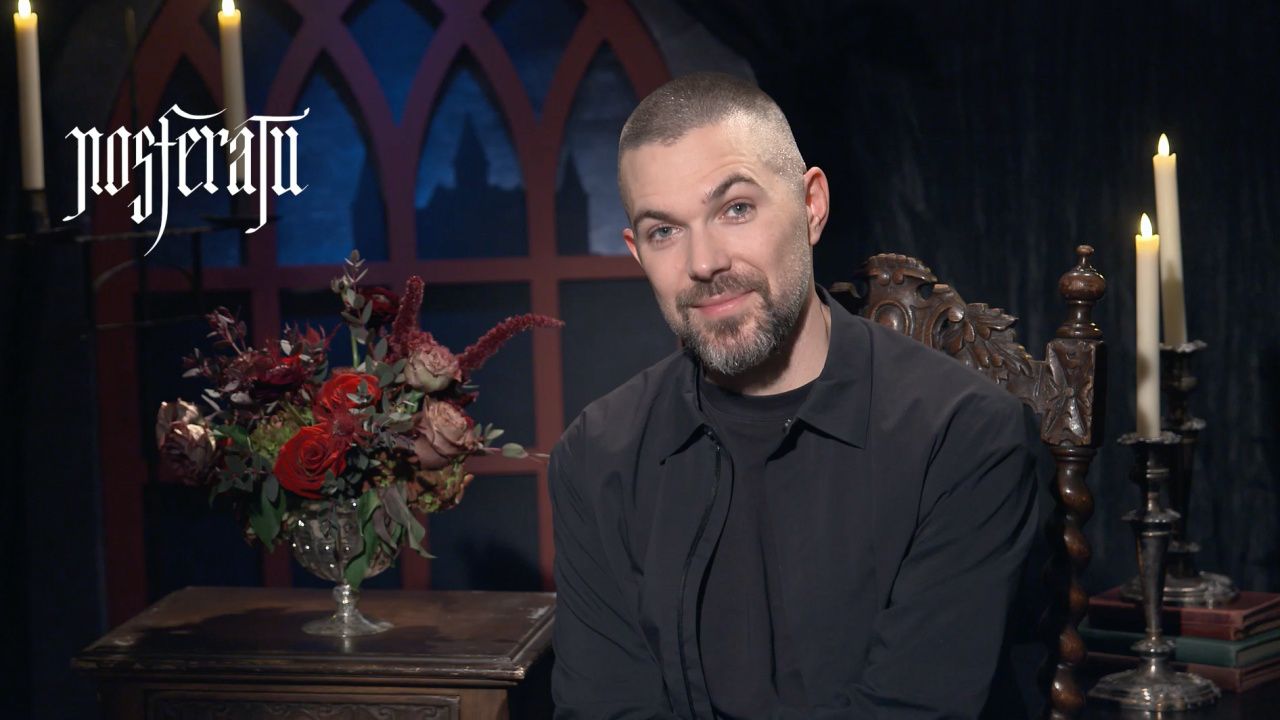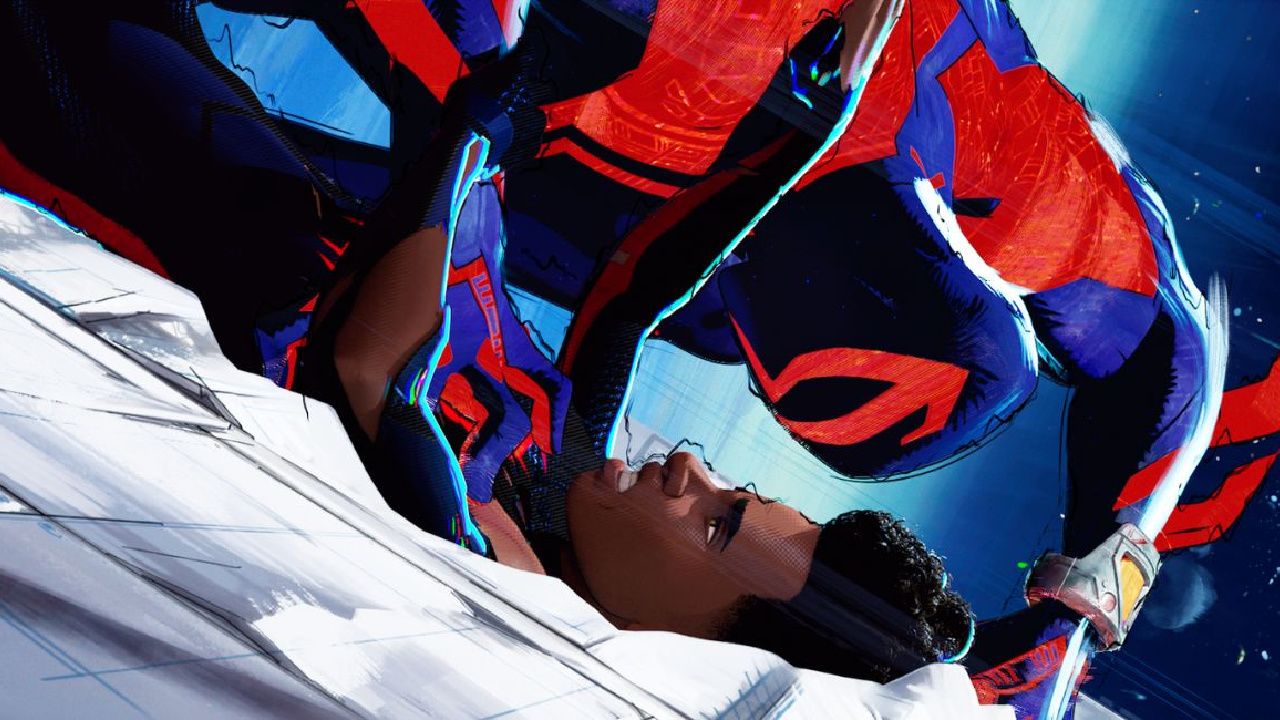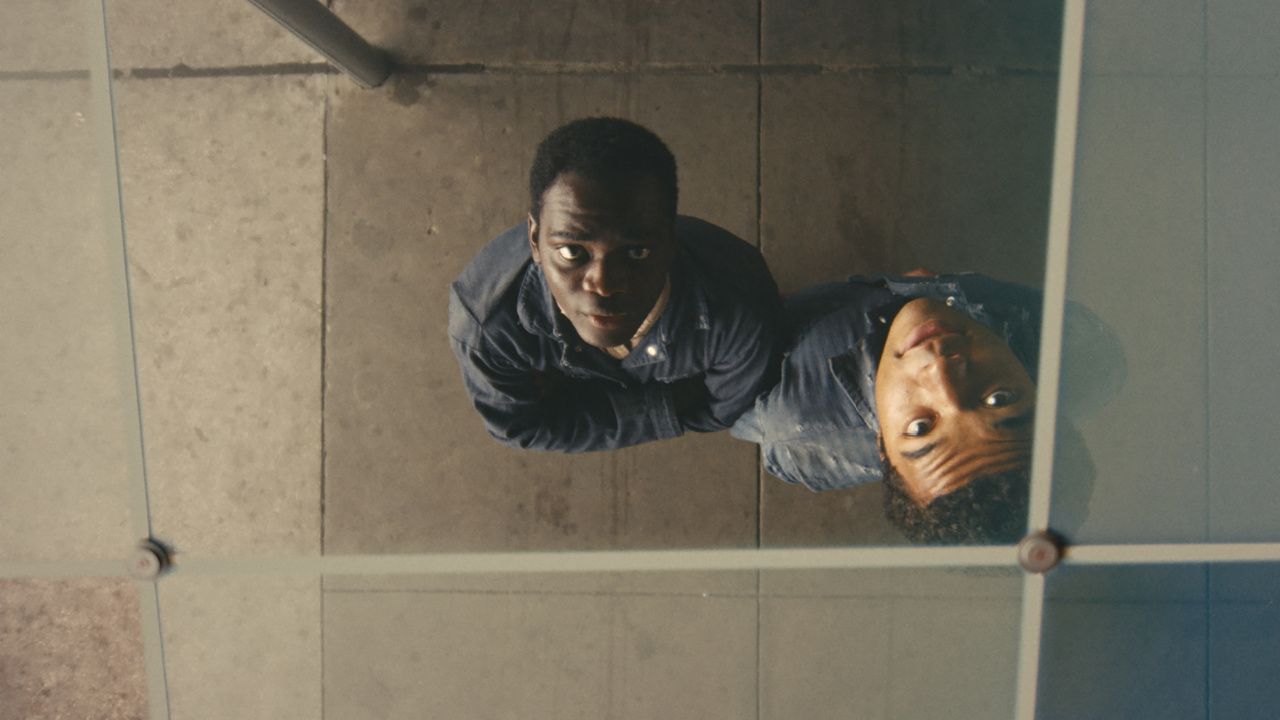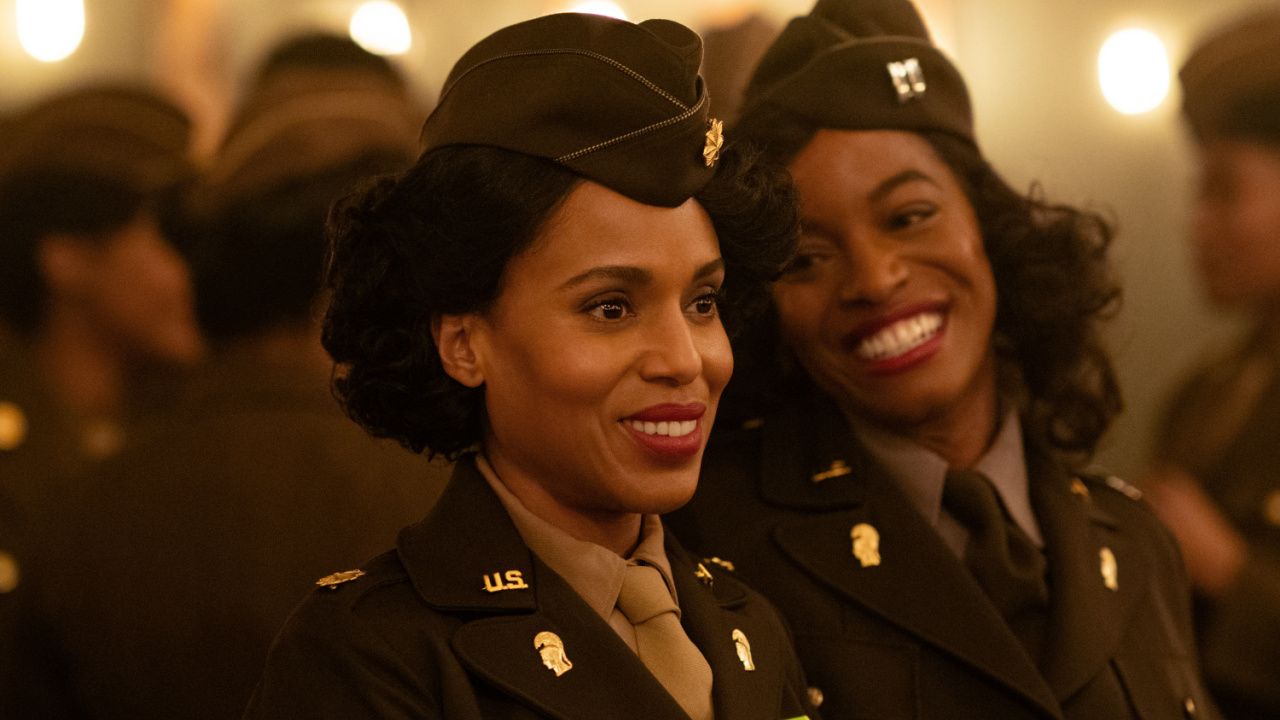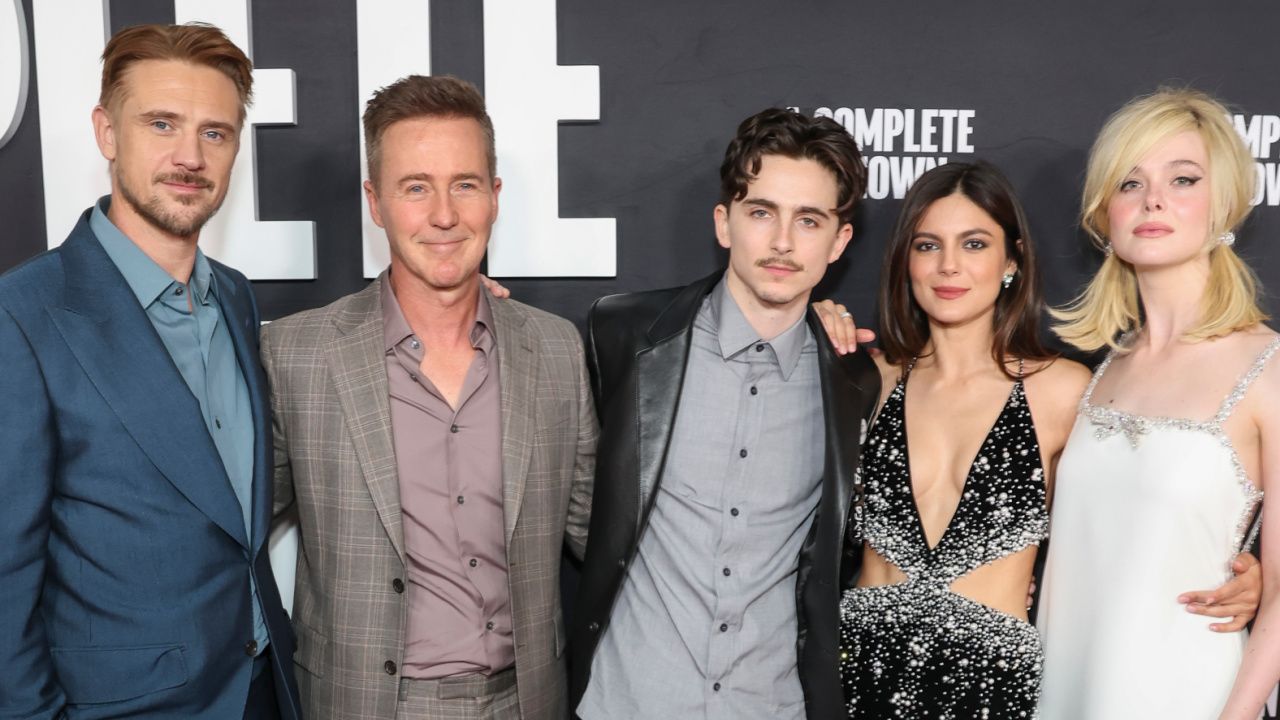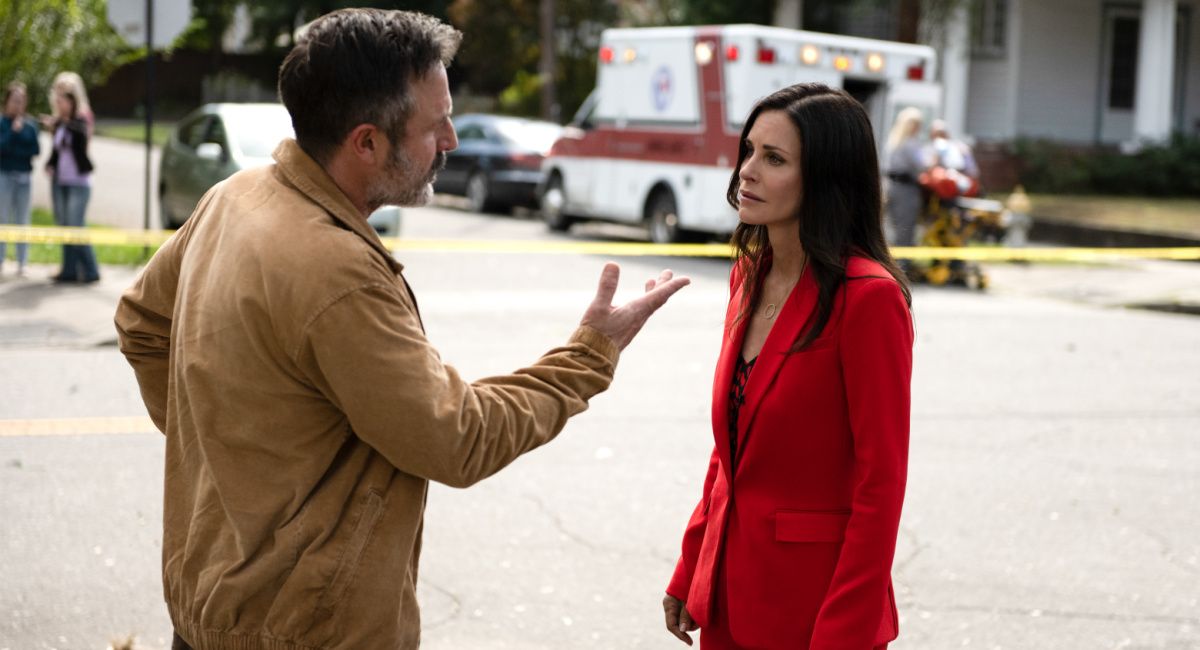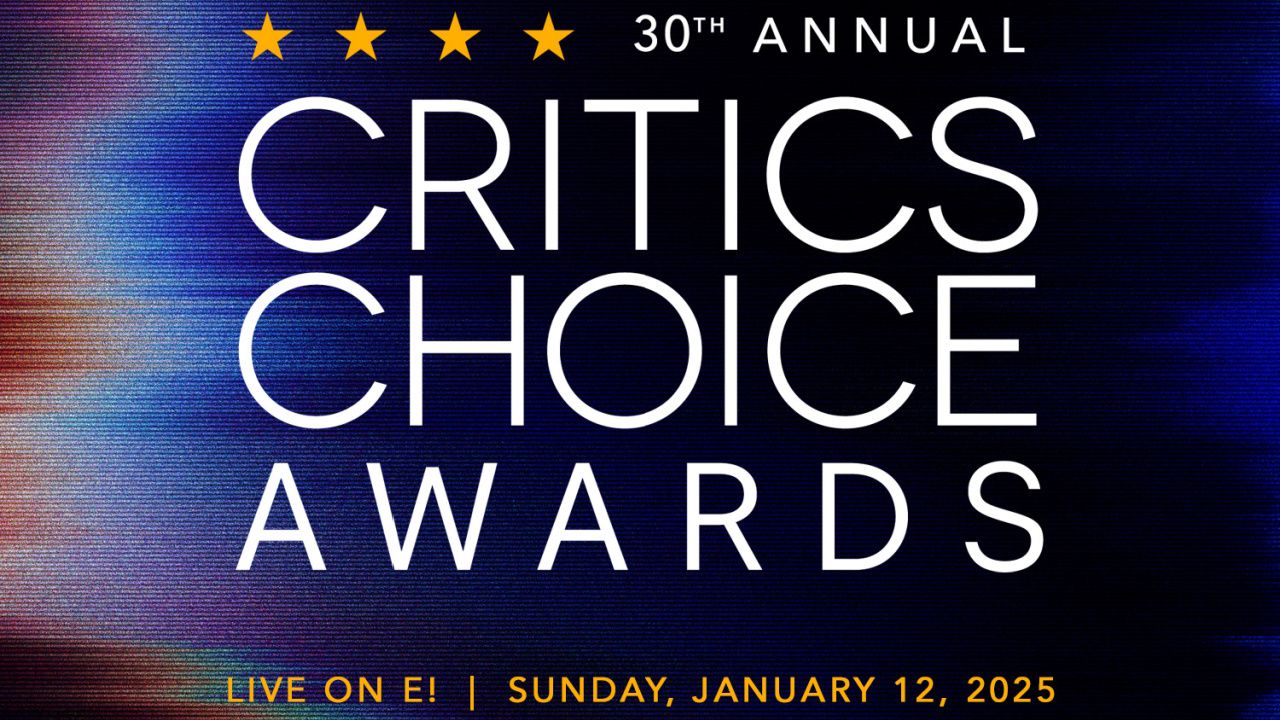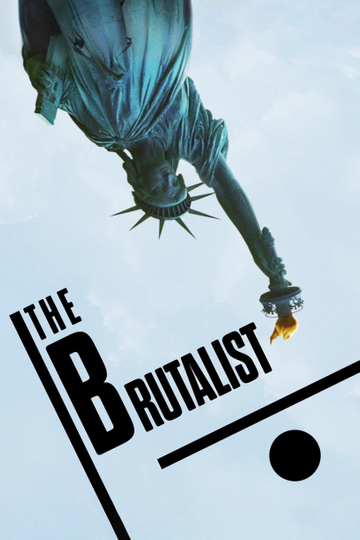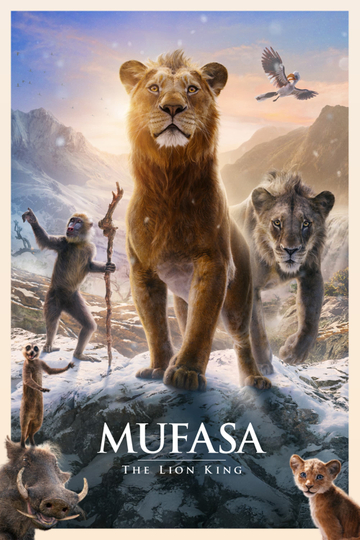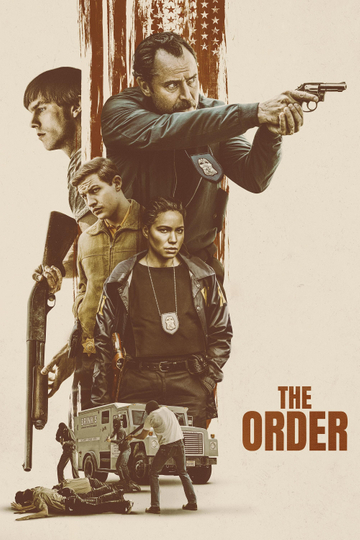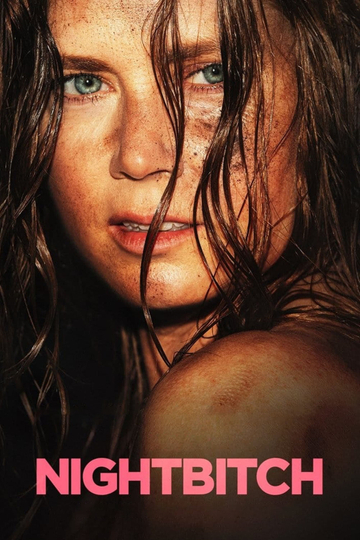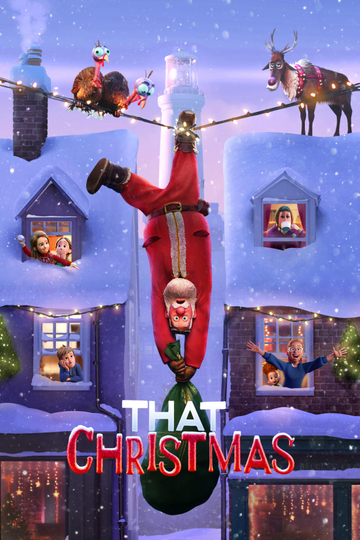Disney's 'Cinderella': 25 Things You Didn't Know About the Beloved Fairy Tale Classic
We never get tired of the story of Cinderella, and whether we know it or not, the version we never get tired of is the one put forth by Walt Disney 65 years ago. The 1950 animated feature, released 65 years ago this week (on February 15, 1950) was an instant classic, and its this version we think of when we imagine all the visual details of the story -- the slipper, the pumpkin, the fairy godmother, the mice, and Cinderella and Prince Charming dancing all over the palace grounds.
Still, as many times as we've heard the story or seen the cartoon, there's still more to be mined from the 17th-century fairy tale. (Indeed, Disney is releasing a new live-action retelling next month.) As many times as you've seen the 1950 classic, there's plenty you may not know about it -- how the actress who played Cinderella landed the part without even knowing she'd auditioned, how the movie was responsible for some musical innovations, and how close Disney was to financial ruin before "Cinderella" provided a fairy-tale ending. Here, then, are the secrets of "Cinderella" -- just be sure to finish reading them before midnight.
1. Before "Cinderella's" release, the Disney studio was $4 million in debt. Over the previous decade, such animated features as "Fantasia," "Pinocchio," and "Bambi" had been costly flops. World War II had cut the studio off from its lucrative overseas audience. The animated features it had released in the interim had been compilations of shorts, like "Fun and Fancy Free" and "Melody Time."
2. The return to ambitious narrative features, then, marked both a creative and financial gamble for the studio, the first time in eight years it had made such an attempt. Had the film failed, it would have bankrupted the Disney company.
3. There are many versions of the Cinderella tale in European folklore, but Disney chose the one made familiar by French author Charles Perrault in 1697. He's the author who introduced to the tale the key elements of the fairy godmother, the pumpkin-turned-coach, and the glass slippers. In his version, along with the small creatures turned into Cinderella's driver and horses, there's a group of lizards transformed into footmen. Alas, the Disney cartoon leaves the reptiles out -- but the new, live-action version does not!
4.Ilene Woods landed the voice role of Cinderella without even knowing she'd auditioned. Her friends, songwriters Mack David and Jerry Livingston (part of the trio, along with Al Hoffman, who composed all the songs from "Cinderella"), had her sing on the demo recordings for the movie's tunes "Bibbidi-Bobbidi-Boo," "So This Is Love," and "A Dream Is a Wish Your Heart Makes." They sent the demos to Walt Disney, who liked her voice so much that he cast Woods in the lead role without giving her a formal audition.
5. William Phipps provided the speaking voice of Prince Charming. His singing voice, however, came from Mike Douglas, the future daytime talk show host.
6.Eleanor Audley performed the voice of Lady Tremaine, the wicked stepmother. Later, she would also play the villainous Maleficent in "Sleeping Beauty." Disney animators designed both characters to look like Audley as well.
7. Lucifer the cat was voiced by June Foray, the cartoon voiceover artist later best known for playing Granny in the Tweety and Sylvester cartoons, and Rocky the Flying Squirrel and Natasha Fatale in the Bullwinkle cartoons.
8.Verna Felton, who voiced the Fairy Godmother, was a frequent Disney player, having worked on "Dumbo" (as both Mrs. Jumbo and the elephant matriarch). She went on to voice the Queen of Hearts in "Alice in Wonderland," Aunt Sarah in "Lady and the Tramp," the fairy Flora and the queen in "Sleeping Beauty," and another elephant, Winifred, in "The Jungle Book."
9. Veteran Disney sound effects artist Jimmy MacDonald, who voiced Mickey Mouse for 30 years (the first man other than Walt himself to voice the iconic character), worked on "Cinderella" as the voices of mice Jaq and Gus and as Bruno the dog. He'd go on to make animal noises in "Alice in Wonderland" (the Dormouse), "Peter Pan" (the tick-tock of the clock-eating crocodile) "Lady and the Tramp" (the chorus of howling dogs), the Chip and Dale shorts (he was Chip), various Donald Duck and Winnie the Pooh cartoons (as buzzing bees), "The Jungle Book" (various animals), and "The Rescuers" (Evinrude the dragonfly).
10. As with many of the Disney animated features, actors were hired as visual models to act out the sequences as studies for the animators. Helene Stanley, who was the live-action Cinderella, went on to perform the same duties for Princess Aurora in "Sleeping Beauty" and Anita in "101 Dalmatians." Jeffrey Stone was the visual model for Prince Charming.
11. Several sequences failed to make it into the final film. One early sequence had the prince hunting a deer (shades of "Bambi"!), only to reveal that the hunter and prey were pals playing a game.
12. In another unused sequence, Cinderella imagines herself as an army of identical young women, dispatched to finish her chores so that she can attend the ball. She was to sing a tune, called "Cinderella Work Song." The song was scrapped but the title modified into "The Work Song" for the tune the mice warble when they're creating her gown.
13. A third eliminated sequence had Cinderella eavesdropping on her stepmother and stepsisters gossiping about the mystery woman at the ball, with Cinderella showing amusement at their unawareness that she herself is the woman they're talking about. Walt Disney had this sequence cut because he thought it made the heroine look spiteful and risk audience sympathy.
14. A cut version of the ending had the Grand Duke learning Cinderella's identity and bringing her to the castle, where the prince expresses surprise but not disappointment that Cinderella is a servant and not a princess. Then the Fairy Godmother was to appear and restore Cinderella to her appearance the night of the ball. Walt nixed this sequence because he found it too long and argued that it denied viewers the emotional payoff of having the prince discover Cinderella's identity himself.
15. With the hiring of David, Livingston, and Hoffman, "Cinderella" marked the first time Disney had turned to established professional songwriters from outside the studio. But Disney also kept the publishing rights on their compositions, with "Cinderella" also marking the launch of the Walt Disney Music Company, which introduced a new revenue stream from sheet music publishing and, later, soundtrack albums.
16. The soundtrack was also a trailblazer in its use of double-tracked vocals. Walt came up with the innovative idea of having Woods sing harmony with herself on a second and third vocal track on the song "Sing, Sweet Nightingale." Woods recalled that, upon hearing the finished recording, Disney remarked, "How about that? All of these years I've been paying three salaries for the Andrews Sisters, when I could have only paid one for you!"
17. The film cost $3 million to make. Over the years, it has earned back more than $85 million, not adjusting for inflation.
18. As the biggest hit Disney had enjoyed in 13 years, since "Snow White and the Seven Dwarfs," "Cinderella" generated enough cash flow not only to save the studio, but to allow it to create its own distribution company ("Cinderella" had been distributed, like past Disney features, by RKO), finance several live-action and animated films, enter the world of television production, and build the Disneyland theme park.
19. "Cinderella" was nominated for three Academy Awards: Best Sound, Best Original Score, and Best Original Song ("Bibbidi-Bobbidi-Boo").
20. David, Livingston, and Hoffman would go on to write the songs for DIsney's "Alice in Wonderland."
21. The studio re-released "Cinderella" in theaters six times: in 1957, 1965, 1973, 1981, 1987, and 2013.
22. In recent years, Disney has released two direct-to-video sequels: "Cinderella II: Dreams Come True" (2002) and "Cinderella III: A Twist in Time" (2007).
23. Cinderella Castle, the signature landmark at the Magic Kingdom park in Disney World in Florida, is designed to look like the palace in the movie, albeit with some modern amenities -- elevators, a restaurant, a beauty salon (the "Bibbidi-Bobbidi-Boutique") and a VIP hotel suite.
24. Along with the Sleeping Beauty Castle at the center of Disneyland in California, Cinderella Castle is the basis for the logo seen at the beginning of all Walt Disney Pictures films and home video releases, as well as Walt Disney Television productions and Disney Music Group projects.
25. Woods claimed Walt Disney once told her Cinderella was his favorite among his films' heroines. "I think it was the rags-to-riches tale," she speculated. "Of course, then I didn't know how many times Walt had risked it all to realize his dreams."
